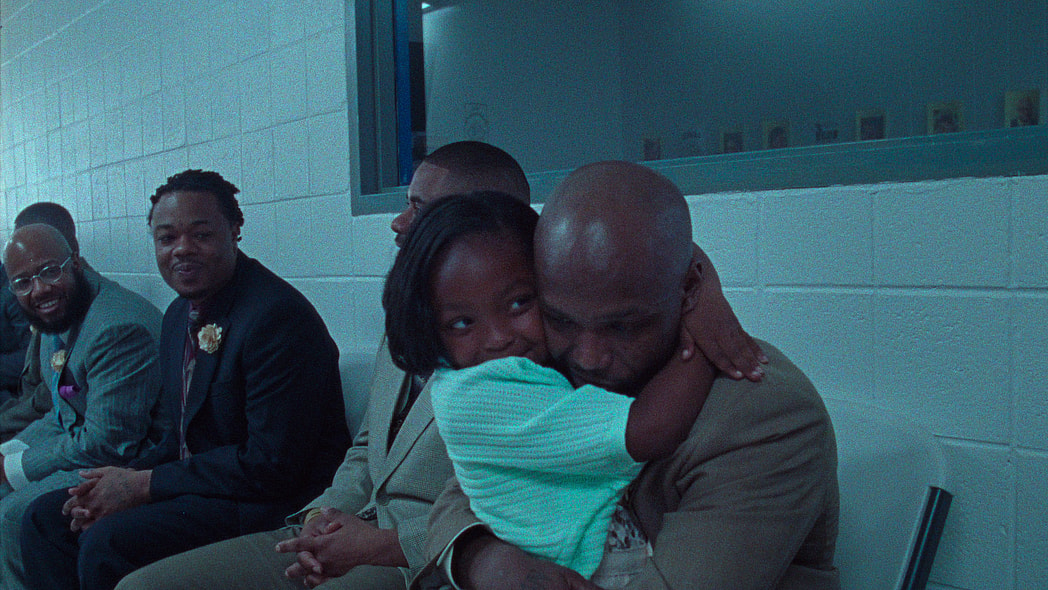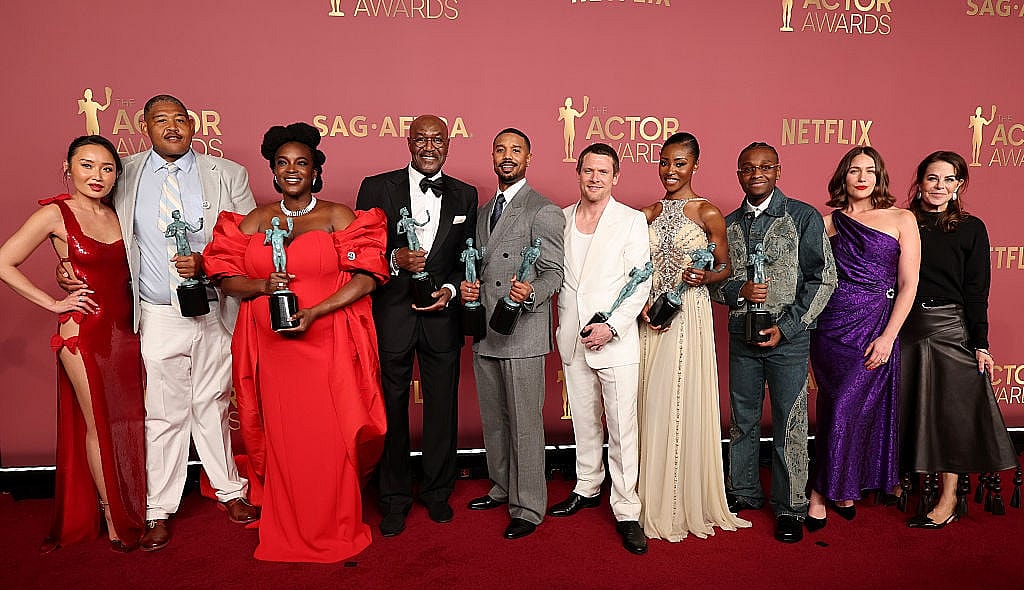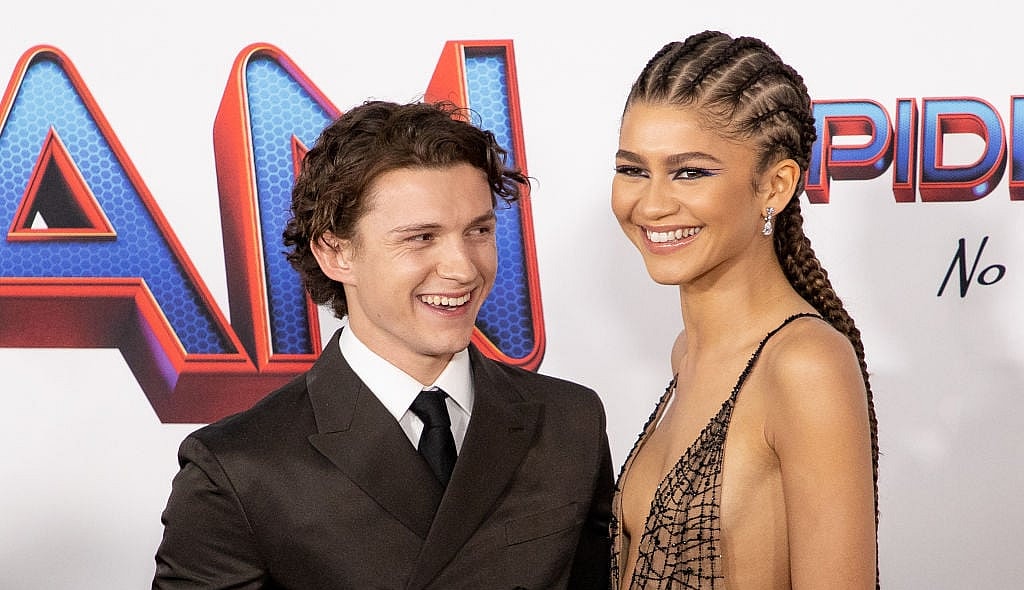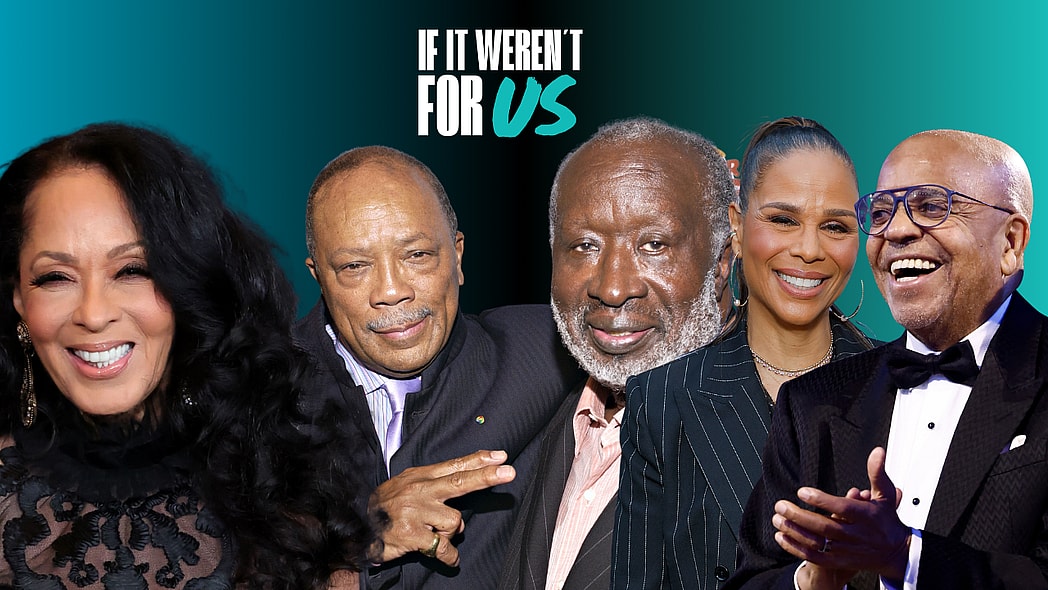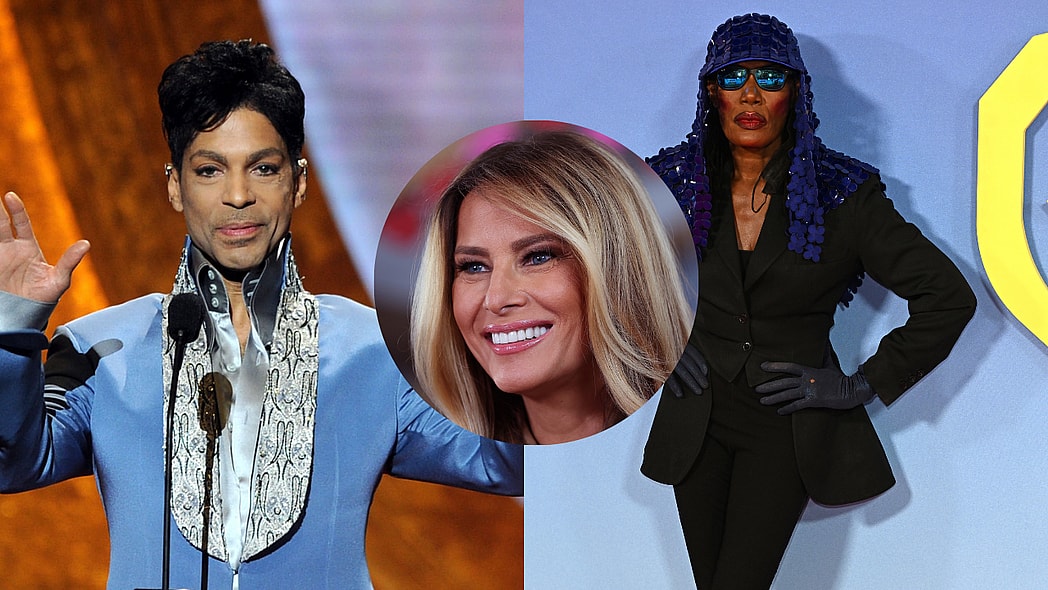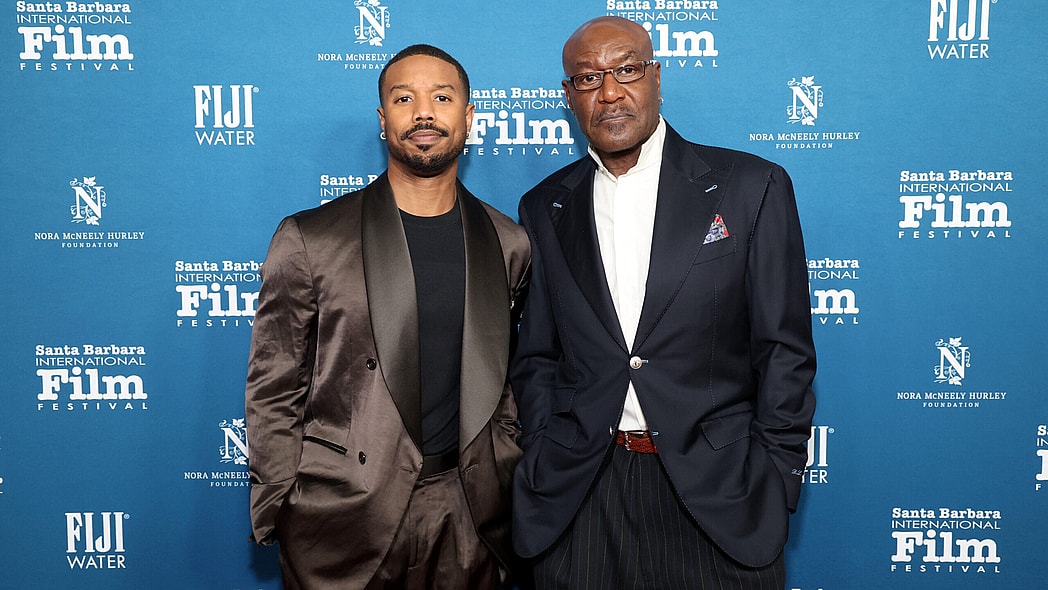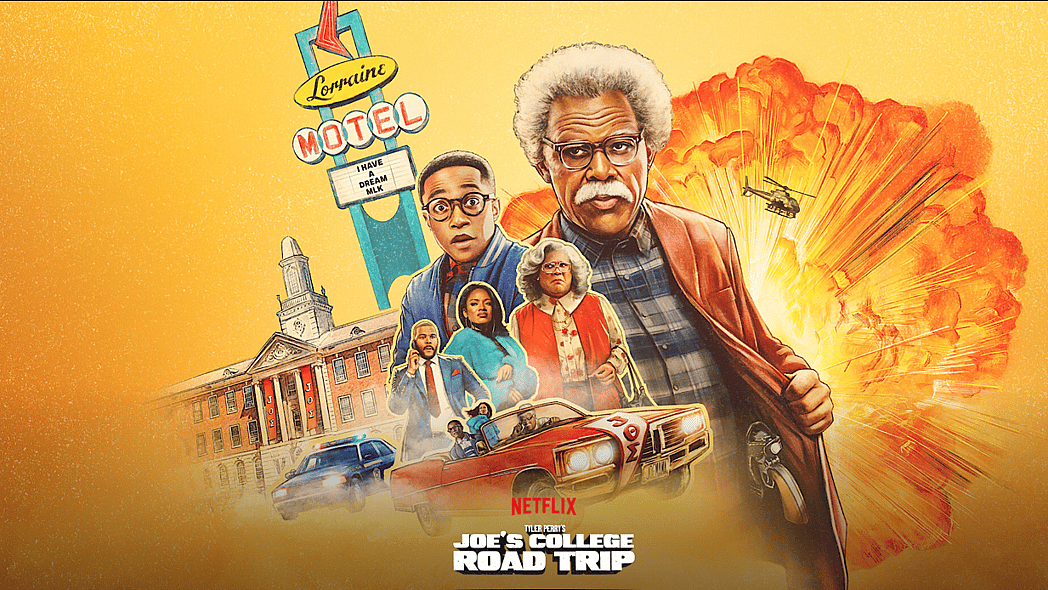Editor’s note: The following article is an op-ed, and the views expressed are the author’s own. Read more opinions on theGrio.
I’m going to cut to the chase — “Daughters,” a documentary now streaming on Netflix, broke me down. I was in tears, nearly inconsolable for a time and honestly, I wasn’t sure if I was going to be able to finish watching the film. I did, but I didn’t feel better when it was over. I was thankful that I am able to hug, touch, speak to and be present for my daughter pretty much all of the time.
“Daughters,” directed by Angela Patton and Natalie Rae, focuses on a group of incarcerated fathers and their relationships with their daughters as they prepare for a “Date with Dad” dance at the Washington, D.C., jail where the fathers are housed. The fathers go through a 10-week fatherhood course on what it means to be a present father, which is both a logistical and psychological nightmare in the leadup to this dance. At the same time, the daughters are also preparing for this day. It follows four girls in particular who are of varying ages and varying relationships with their fathers. The relationship part is where I knew the documentary was going to turn me into an emotional trainwreck.
For instance, the youngest girl, Aubrey, is 5 when we meet her, and she clearly loves her father, Keith. She is aware of how long he’ll be gone, optimistic about his return and has a vivid memory of her relationship with him. She’s a bubbly, smart little girl. All I could think and wonder was whether or not that relationship was sustainable; little kids are innately focused on the positive, but bigger kids start to settle on reality, and the day-to-day absence starts to wear. We, unfortunately, see that play out over the years as they follow the kids in the film. Where we start with Aubrey and Keith is not where we end, and it broke my heart for their relationship because, by the time Keith is set to get out of prison, Aubrey will be about 15. You cannot get those formative years back.
There’s Ja’Ana, who doesn’t even remember what her father, Frank, looks like and barely has any relationship with him. There’s Santana, who is upset with her father, Mark, for continuously going in and out of jail, and then there’s 15-year-old Raziah whose father, Alonzo, is doing a 30-year-bid, and she is quite clear on the negative effects of his incarceration on her.
Watching the girls’ stories (their mothers were also included) and seeing how hard their father’s incarceration has been on them was tough. I have a 15-year-old daughter that I can’t imagine being removed from. As a parent and father, certain content about being a parent always draws on emotions I might not even realize are there. I cry at all types of stuff now, from movies to commercials to intentionally manipulative videos and reels on social media. Being a parent changes you; my kids are often a source of motivation and frankly, keep me going when times feel tough. I cannot imagine not seeing them or touching them. The empathy I felt for the daughters and their fathers tugged at me for the entirety of the doc.
Film
What broke my ENTIRE soul was the knowing: I know that those fathers had two and a half months of anxious anticipation to see their babies for a few hours. I also knew that the dance would end, and the separation with no end in sight (for some of them) was also coming and seeing it on the screen was going to hurt. I was unprepared for just how hard it was to watch those little girls leave their dads. Everybody in the gym where the dance took place knew the time was limited, but knowing it and experiencing it and then translating that to the screen hit me in a place that almost made it difficult to watch. I hated seeing them separated; the hugs that had to end without knowing when the next one would come. The promises that couldn’t be kept from behind bars. The optimism you could hear in some of the father’s voices as they tried to maintain a positive outlook despite the circumstances was palpable.
And then realizing that there were some fathers at the dance whose daughters didn’t make it or who didn’t show up. After the dance ended, Keith (Aubrey’s dad) mentioned how he went to his cell and cried trying to hold on to that memory. Earlier in the documentary, a counselor mentioned how common that was and the dads might try to hold on to any memory they could as long as possible as a response to the trauma of the separation.
Realizing that many jails no longer allow in-person visits, often resorting to pricey video calls or plexiglass dividers that keep families from touching each other was the gut punch I didn’t see coming either. For many of those fathers and daughters, this was the only hug they’d get until the father was released. Again, emotionally, the truth of their circumstances had an absolutely devastating effect on me, so I can only imagine the pain those men and girls felt.
There are some hints of happy endings in the documentary, but the criminal justice system doesn’t allow for much peace for all the families involved. It made me want to cherish every moment I have with my kids, especially my daughter. I’m not sure I can ever watch this documentary again, but the knowing is enough. I pray for those families caught up in the criminal justice system and its ability to destroy families. And I pray for all the daughters dealing with a similar circumstance. I can only offer an inexperienced, keep your head up and pray for peace, patience and understanding. I hope those families are able to rebuild; those daughters need it.

Panama Jackson is a columnist at theGrio and host of the award-winning podcast, “Dear Culture” on theGrio Black Podcast Network. He writes very Black things, drinks very brown liquors, and is pretty fly for a light guy. His biggest accomplishment to date coincides with his Blackest accomplishment to date in that he received a phone call from Oprah Winfrey after she read one of his pieces (biggest) but he didn’t answer the phone because the caller ID said “Unknown” (Blackest).

